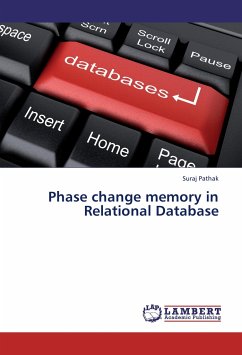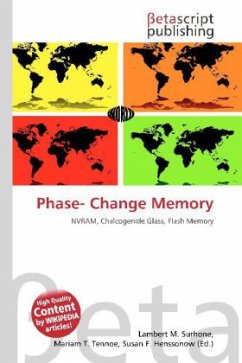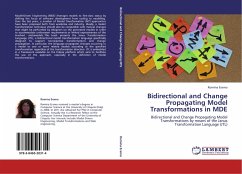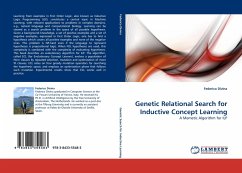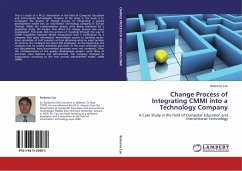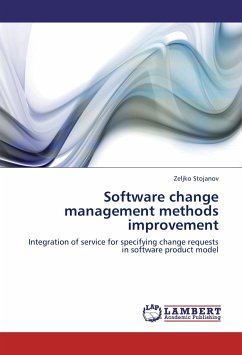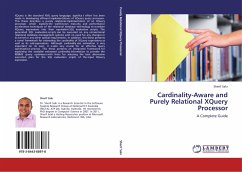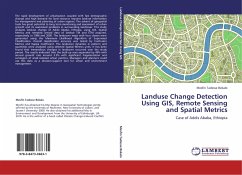Phase Change Memory(PCM) is a new form of Non-volatile memory that has advantages like read access almost as close to a DRAM, write speed about 100 times faster than traditional hard disks and flash SSD, and cell density about 10 times better than any kind of storage devices available today. With these advantages, it is feasible that PCM could be the future of data storage as it has the potential to replace both secondary storage and main memory. In this thesis, we study the current status of PCM in the memory hierarchy, its characteristics , advantages and challenges in implementing the technology. Specifically, we study how the byte-writeable PCM can be used as a buffer for flash SSD to improve its write efficiency. Then in the second part, we study how traditional relational database management should be altered for a database completely implemented in PCM. Specifically, we study this effect by choosing hash-join algorithm. The experiments are carried out in a simulated environment, by modifying a DRAM to act as a PCM. We use postgreSQL database for relational database experiment. The results show that PCM has many benefits in the current memory hierarchy.

